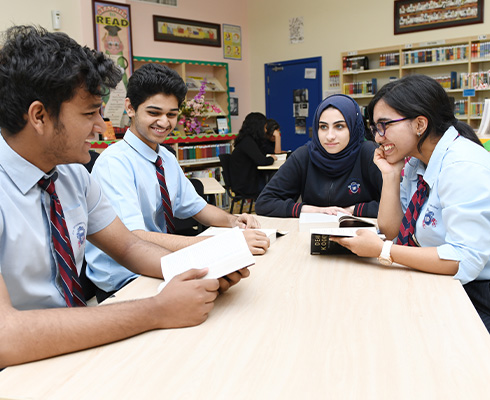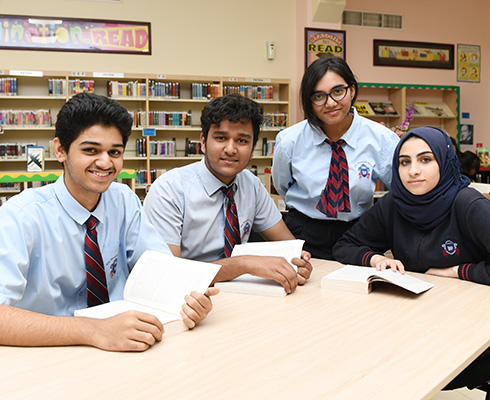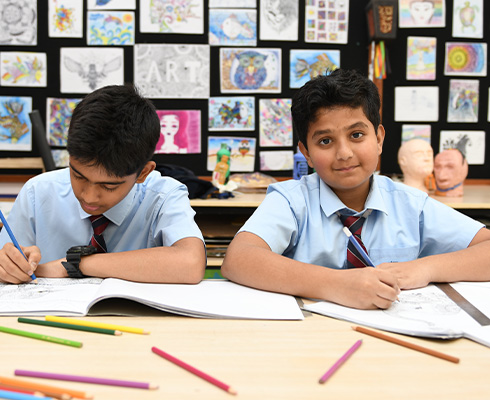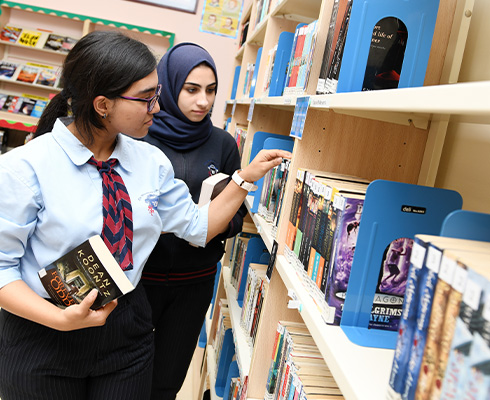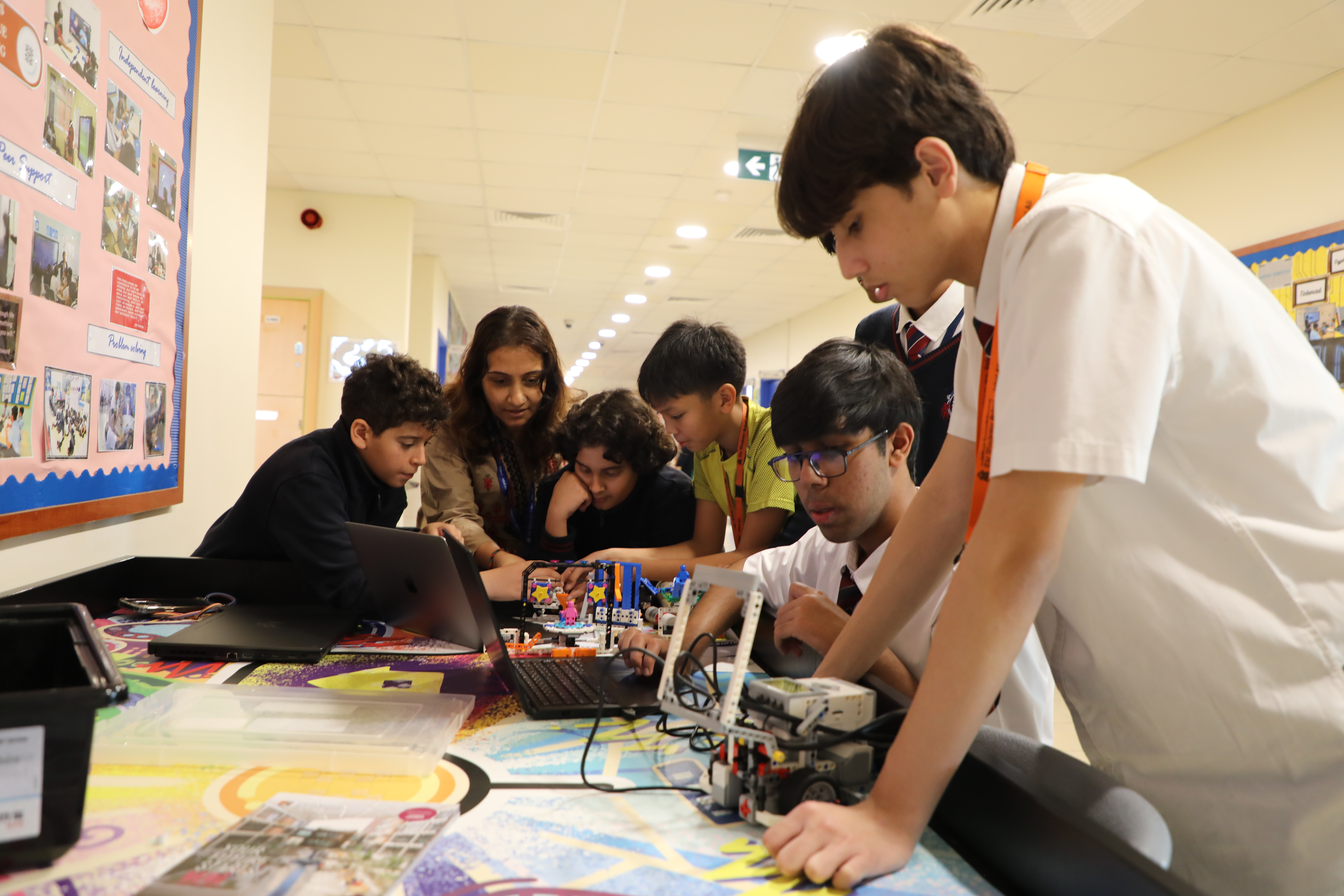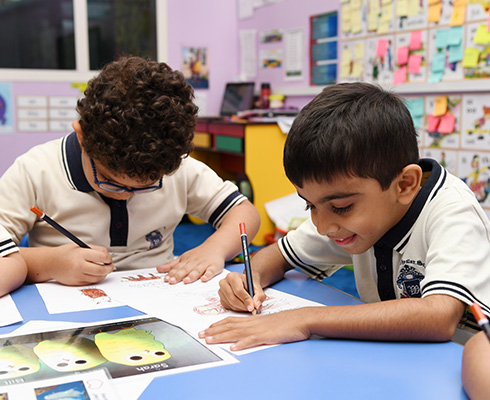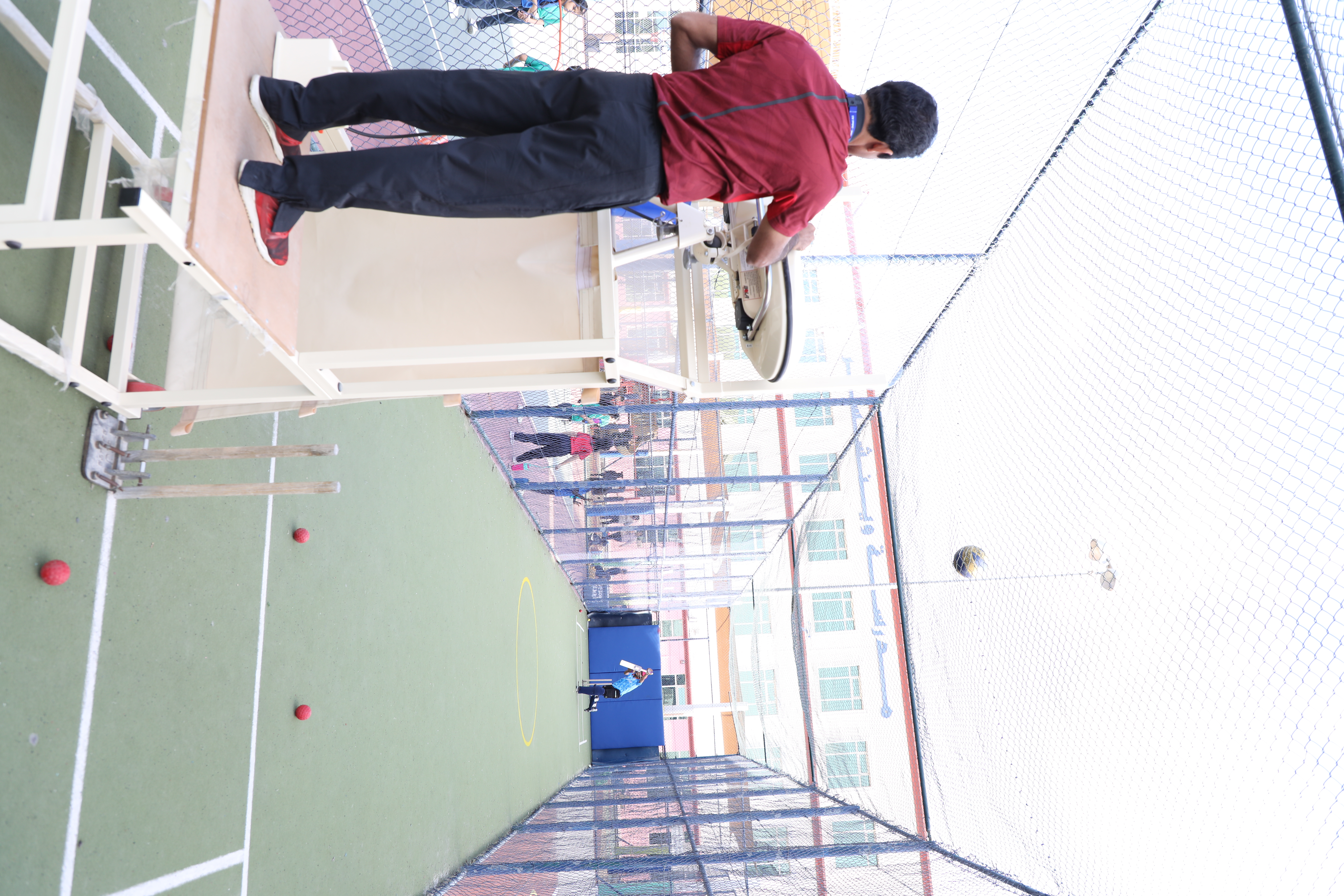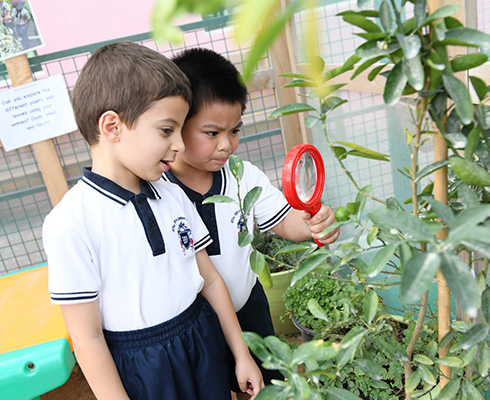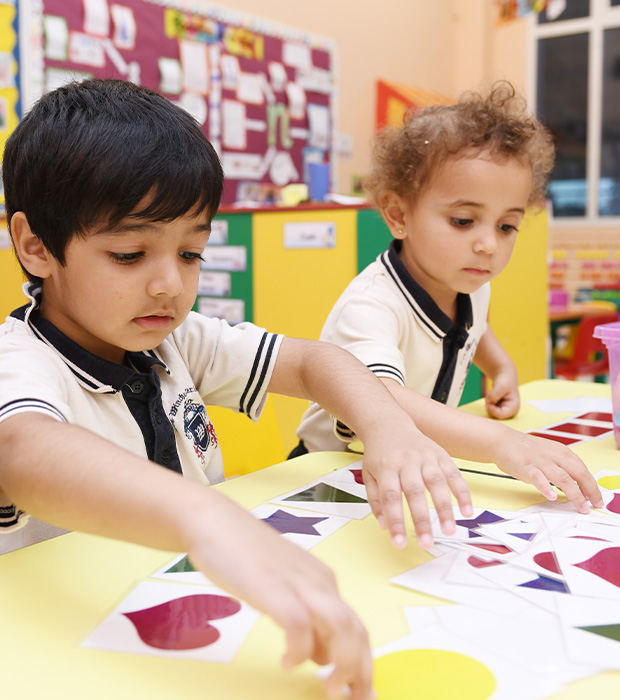
French Department
Learn more about our French Department
Head of Department: Jalloul Jari
Email ID: [email protected]
Department Philosophy
- Develop the ability to use the language effectively for purposes of practical communication
- Offer insights into the culture and civilization of the countries where the language is spoken
- Provide enjoyment and intellectual stimulation
- Complement other areas of study by encouraging skills of a more general application
Department Facilities / Resources
- Student Text Book
- Work Book
- CDS
- Flash Cards
- Teacher guide
- ICT / Interactive White Boards
- 100 % written assessments
- There is speaking and listening exam
Key Points from Department Policy
There are a number of key concepts that underpin the study of French. Pupils need to understand these concepts in order to deepen and broaden their knowledge, skills and understanding. These essential concepts promote pupils’ progress in speaking and listening, reading and writing.
- Competence
- Being clear, coherent and accurate in spoken and written communication.
- Reading and understanding a range of texts, and responding appropriately.
- Demonstrating a secure understanding of the conventions of written language, including grammar and spelling.
- Being adaptable in a widening range of familiar and unfamiliar contexts within the classroom and beyond.
- Making informed choices about effective ways to communicate formally and informally.
- Creativity
- Making fresh connections between ideas, experiences, texts and words, drawing on a rich experience of language.
- Using inventive approaches to making meaning, taking risks, playing with language and using it to create new effects.
- Using imagination to convey themes, ideas and arguments, solve problems and create settings, moods and characters.
- Using creative approaches to answering questions, solving problems and developing ideas.
- Cultural understanding
- Gaining a sense of the French literary heritage and engaging with important texts in it.
- Exploring how ideas, experiences and values are portrayed differently in texts from a range of cultures and traditions.
- Understanding how French varies locally and globally, and how these variations relate to identity and cultural diversity.
- Critical understanding
- Engaging with ideas and texts, understanding and responding to the main issues.
- Assessing the validity and significance of information and ideas from different sources.
- Exploring others’ ideas and developing their own.
- Analysing and evaluating spoken and written language to appreciate how meaning is shaped
Assessment Procedure
- Key Stage 3 – Formative Assessments forms an integral part of every lesson. Students are encouraged to use the National Curriculum level descriptors to assess their learning and set targets. We assess children's work formatively through individual/group projects, individual/group research, class discussions, debates, role plays, cross-curricular linking, linking UAE, making real life connections Fand effective questioning.
- A Summative Assessment is done at the end of term 1 and term 3. Based on the Summative and Formative assessments student’s level of attainment are identified, new targets are set and shared with the students and parents.
- 100% Written assessment for IGCSE.
Extra-curricular Activities
- Field trips to the French council
- Participating in the French Movies Festival
- Le Louvre
- L’alliance Francaise
Useful Subject-specific websites:
- www.languagesonline.org.uk
- www.bbc.co.uk/schools/gcsebitesize/french
- https://www.duolingo.com/welcome
- http://lexiquefle.free.fr/
- https://www.podcastfrancaisfacile.com/
- https://francais.lingolia.com/fr/
- https://www.languagesonline.org.uk/Hotpotatoes/frenchindex.html
- http://www.zut.org.uk(free to use until 5pm)
- Online dictionary: http://www.wordreference.com
- https://www.quiz-tree.com/French_Vocabulary_main.html
- https://www.allthetests.com/quiz11/quiz/1102549637/Level-One-French-Exam
- https://www.lawlessfrench.com/quizzes-and-tests/school-terms-quiz/
- https://www.buzzfeed.com/hilarywardle/can-you-speak-french-better-than-a-scottish-kid
- http://www.hello-world.com/games/bingo.php/?language=French&translate=English
- https://www.youtube.com/watch?v=dmRUbbOG19c

